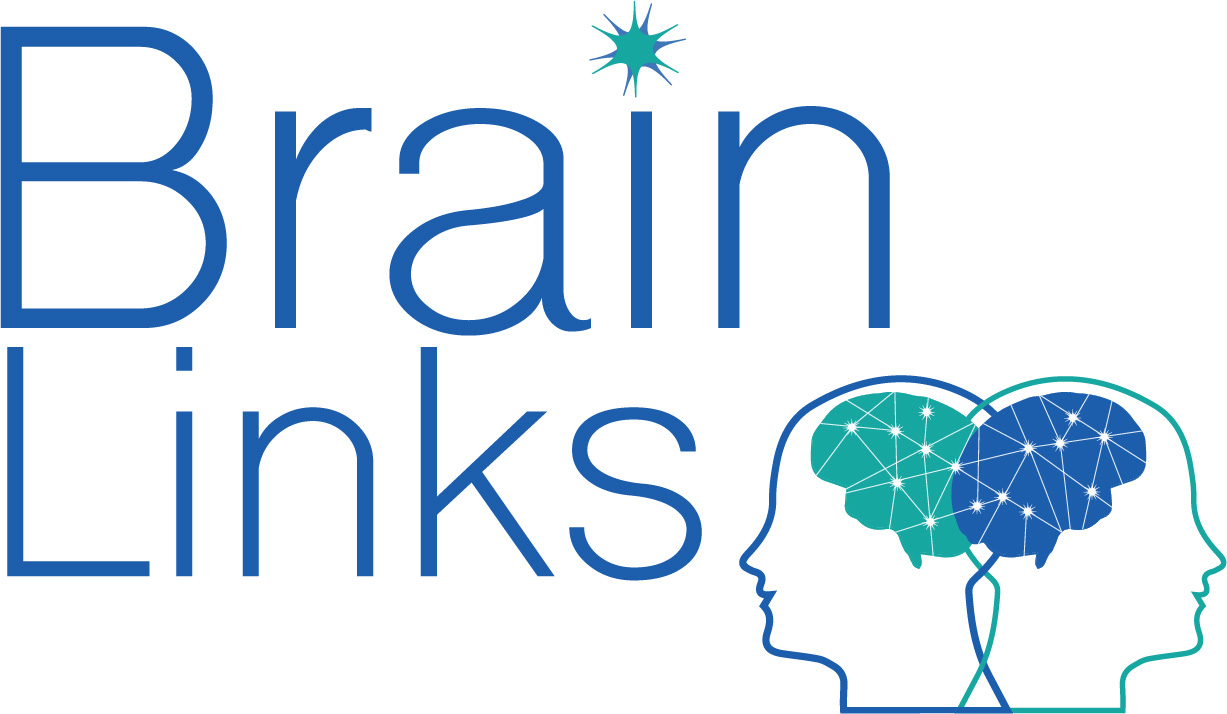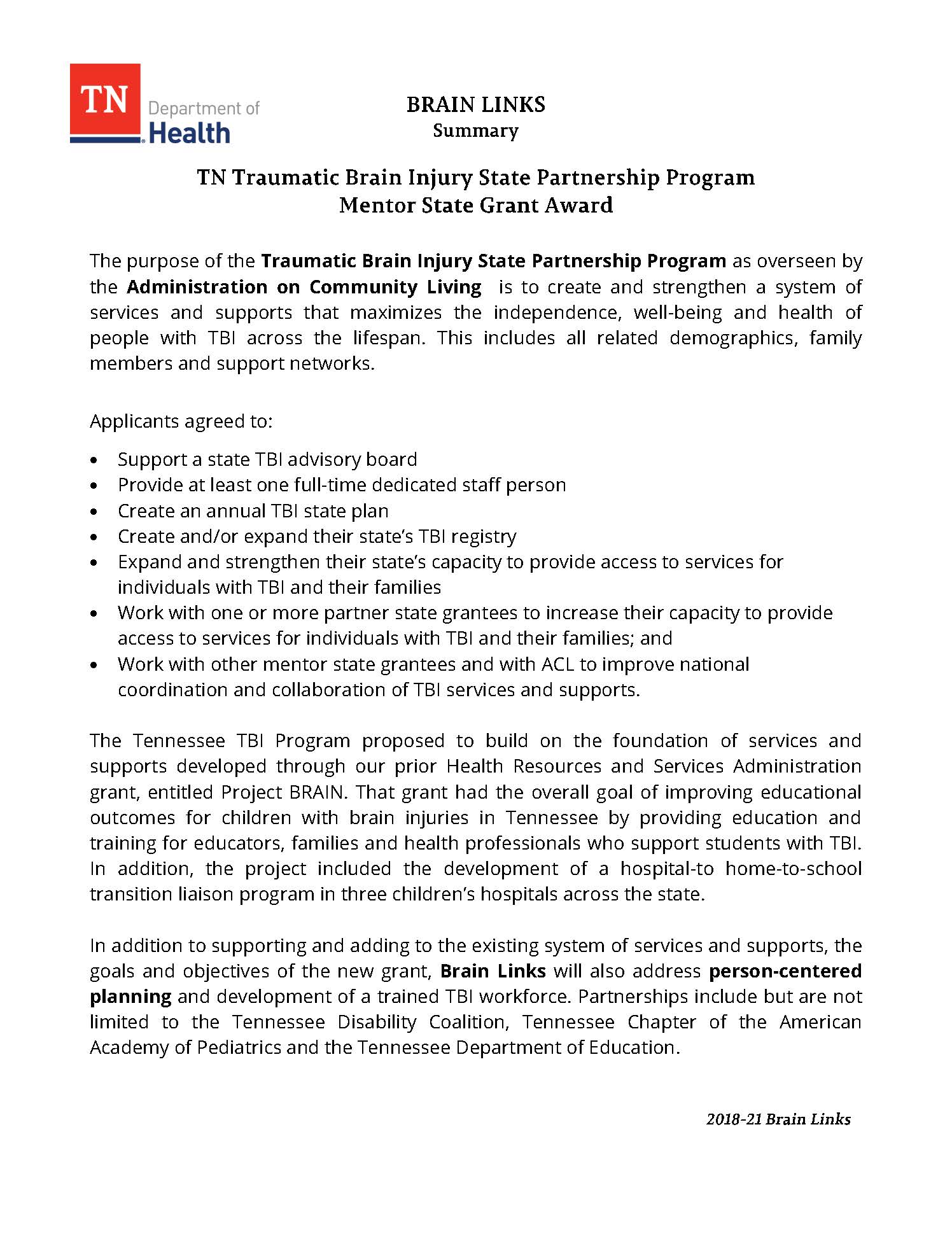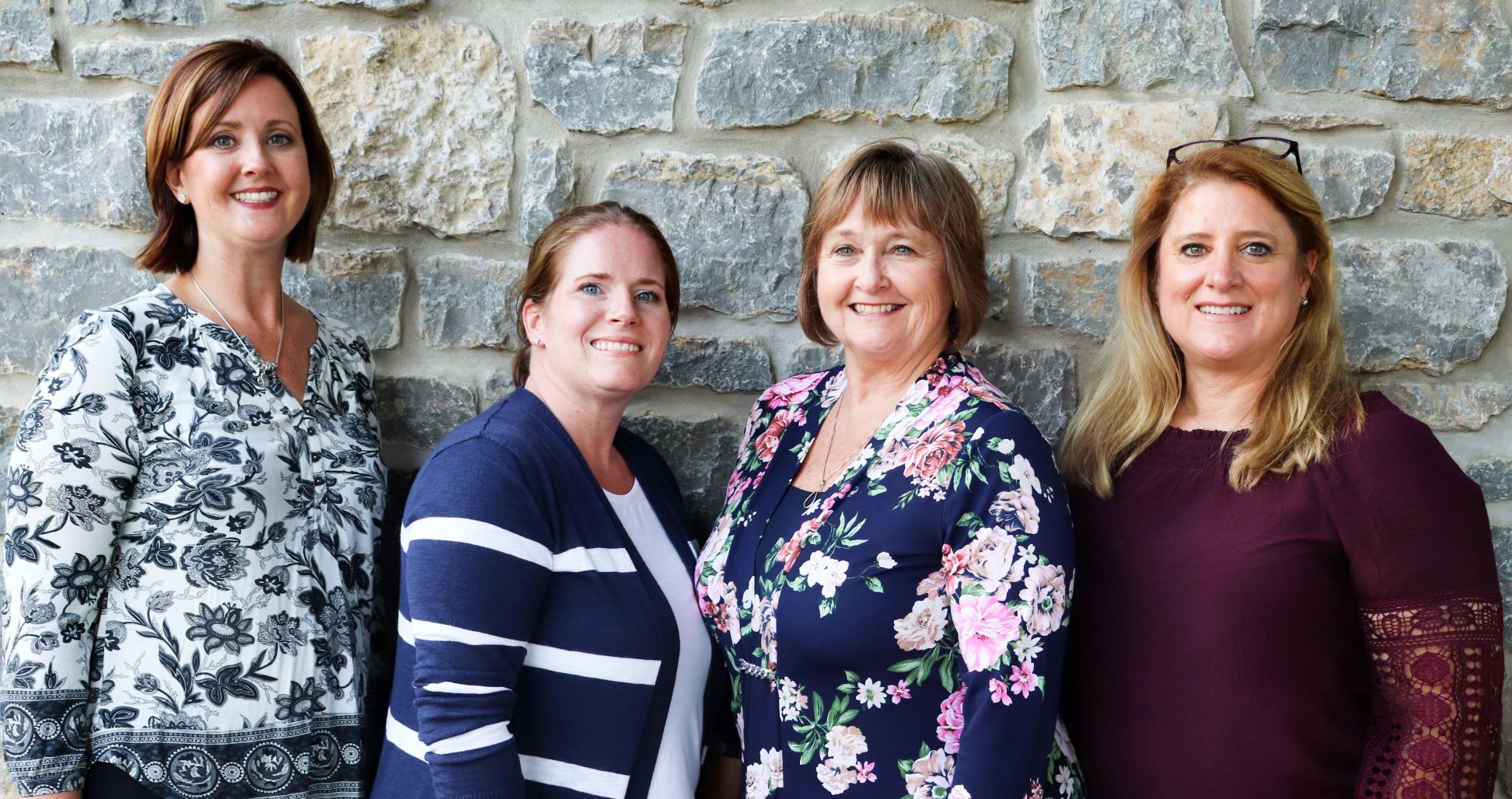
Follow our YouTube Training Channel
Follow Brain Links on Facebook
Brain Injury State Partnership Grant: Brain Links
TBI Toolkit for Healthcare Providers
Contact us at: tbi@tndisability.org
 The Tennessee Department of Health, Traumatic Brain Injury Program was awarded a three-year Traumatic Brain Injury State Partnership Program grant from the Administration on Community living to create and strengthen a system of services and supports that maximizes the independence, well-being and health of people with TBI across the lifespan.
The Tennessee Department of Health, Traumatic Brain Injury Program was awarded a three-year Traumatic Brain Injury State Partnership Program grant from the Administration on Community living to create and strengthen a system of services and supports that maximizes the independence, well-being and health of people with TBI across the lifespan.
Mission: Enriching the lives of Tennesseans with traumatic brain injury (TBI) by training and empowering the professionals serving them.
- Brain Links is a statewide team of brain injury specialists
- We equip professionals with current, TBI research-based training and tools to enable them to better serve people with TBI of all ages
- We provide:
- Evidence-based TBI trainings tailored to your discipline
- Certificates for educational credits
- Toolkits for screening, symptom tracking, reference, parent education and communication with schools
- Assistance with goal writing and treatment plan development support for rehabilitation, direct service support and related services
- Educational resources including parent-friendly educational materials
- Resources for return to home, school or work settings
- Trainings are provided at no cost and are tailored to your schedule and continuing education unit needs. For more information contact Brain Links at: 615-515-8616 or tbi@tndisability.org
Meet Our Team

Brain Links is supported by the Administration for Community Living (ACL) of the U.S. Department of Health and Human Services under Grant No. 90TBSG0024-01-00 and in part by the TN Department of Health, Traumatic Brain Injury Program.


Project BRAIN 2000 - 2018 Brain Resource And Information Network
According to the Center for Disease Control and Prevention (CDC), each year at least 1.7 million traumatic brain injuries occur in the United States.
Although TBI is very common, many medical and education professionals may not realize that some difficulties can be caused by a childhood brain injury. Often, students with TBI are thought to have a learning disability, emotional disturbance, or receive other misdiagnoses. As a result, they don’t receive the type of educational help and support they really need.
Project BRAIN addressed how best to support students with TBI through collaborative efforts across Tennessee.
Abstract: Project BRAIN: A Tennessee Model for Student Transition After Brain Injury which was accepted as an oral presentation for the North American Brain Injury Society's 14th Annual Conference. In collaboration with the National Collaborative on Children's Brain Injury, this conference featured a pediatric brain injury track. Accepted Abstracts were published in the Journal of Head Injury Rehabilitation.
This project was supported, in part by grant number 90TBSG0003, from the U.S. Administration for Community Living, Department of Health and Human Services, Washington, D.C. 20201. Grantees undertaking projects under government sponsorship are encouraged to express freely their findings and conclusions. Points of view or opinions do not, therefore, necessarily represent official Administration for Community Living policy.
![]()